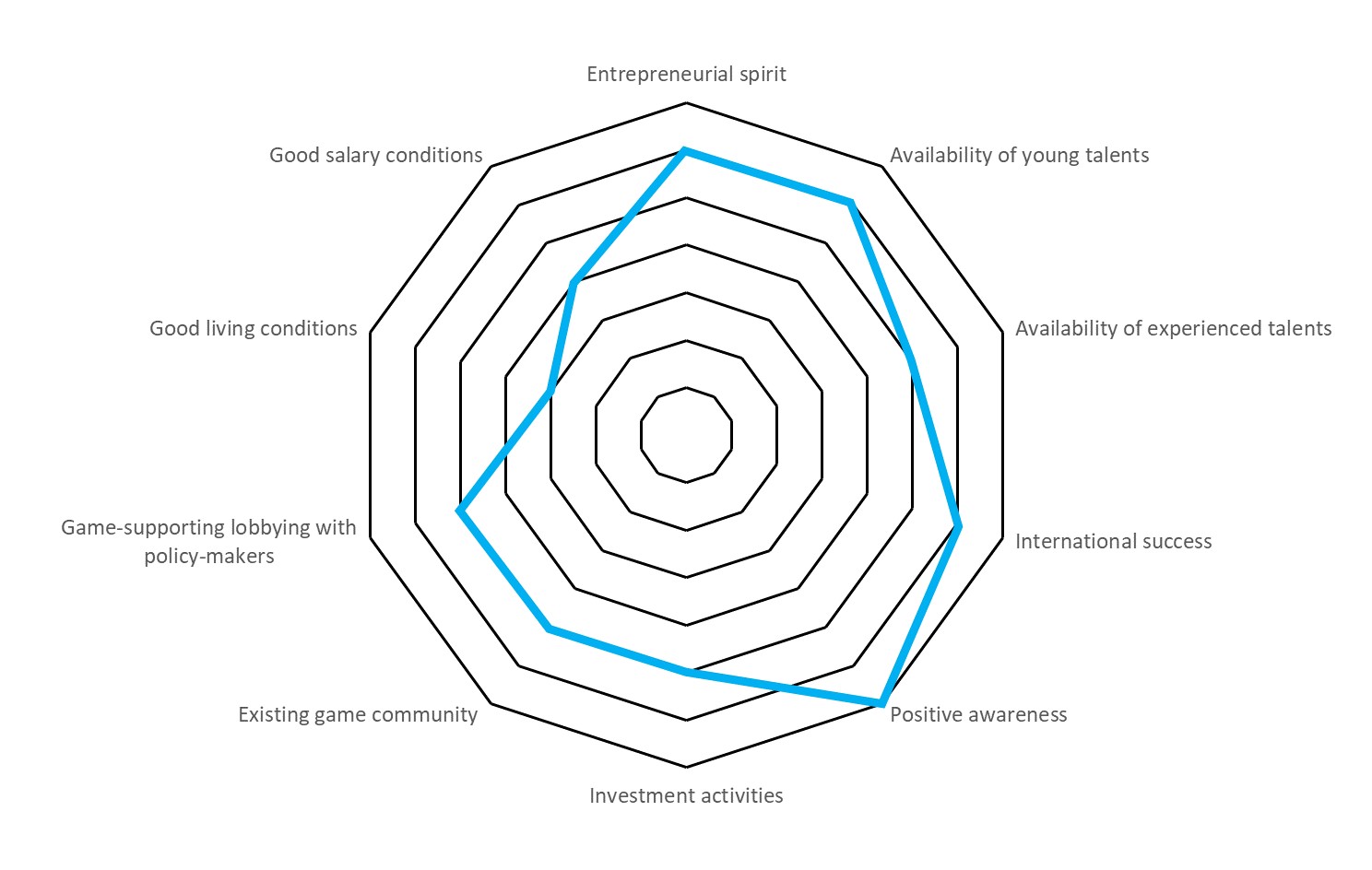Talents, Labour Market and Quality of Work Hamburg
Hamburg is the second largest city of Germany. In 2016 around 1,693,140 people were living in the Free and Hanseatic city. 193,812 of them were European foreigners and 94,526 were from non-European countries. Each year, around 5,891 citizenships are granted on average. The average age of a Hamburg citizen was 42.3 years in 2016.
Working conditions and the labour market
The general working conditions in Hamburg are convenient. The unemployment rate was 7.1% in 2016 which is above the German average, but below the rate of some other large German cities like e.g. Berlin. The total amount of unemployed people was 73,291 while the number of job vacancies was 17,479. The average income level in 2016 was 4,111€ (gross), yet with a gender pay gap of about 753€. According to the Germany salary Atlas of 2018, Hamburg is the land with the fourth highest salaries in Germany. Around 117,000 people were self-employed in 2016.
On the market for technology professions, which covers most game industry related professions, the number of unemployed people was around 7,000 while 1,596 job vacancies existed. According to the EURES labour market information, there is currently an oversupply of qualified unemployed people in the fields of IT as well as software development and programming in Hamburg.
Education
As a rather large city attracting many people from its surroundings, Hamburg offers a broad variety of educational possibilities. Next to 173 public and private vocational schools, 22 universities are located in Hamburg. The total number of students was 98,286 in 2014/2015. Around 10,706 of them came from abroad. The number of young people (aged 16-20) which are neither in employment nor involved in some form of education program or training amounts to 5,372.
There are at least 9 educational institutions which provide courses or programs related to game development in Hamburg. Some of them even offer specialised “Games Programming” (Bachelor degree, SAE Institute) or “Games Master” (Master’s degree “Time-based Media / Sound – Vision – Games”, Hamburg University of Applied Sciences) programs. Moreover, several initiatives which aim to educate people and/or pupils in games exist.
______________________
Status: 01/2019


